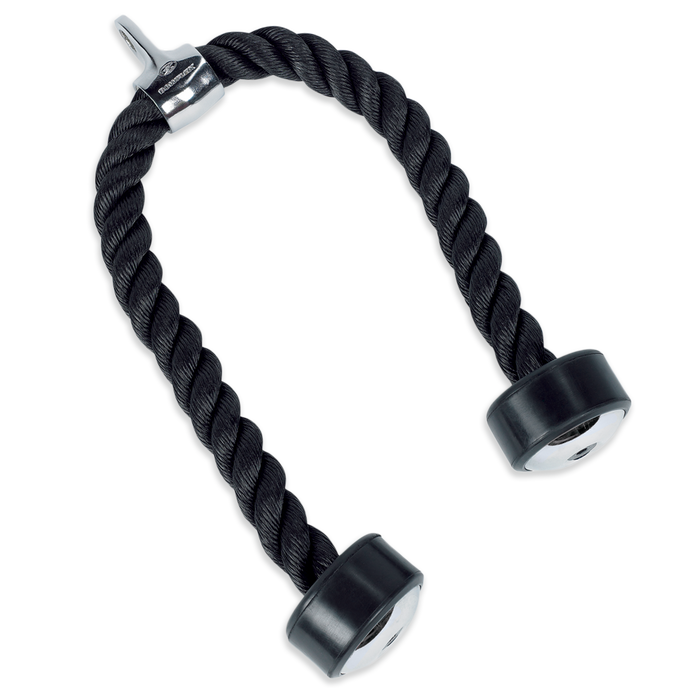Should You be Taking a Multivitamin?

Depending on who you ask the answers vary widely and are contradictory. Yes, say some health organizations and authorities while others stand firm against multivitamins (MVI), stating they could do more harm than good. While the jury is still out according to research studies on whether they help, harm, or are somewhere in between, here are some things to consider when deciding whether or not to take one and, if you do take one, what to look for. Some recommendations also say that the price or quality of a MVI doesn't matter, but I disagree.
- Multivitamins cannot make up for a poor diet. They may help fill in gaps, but they cannot make up for a junk-filled, fast-food, soda slurping diet.
- Mother Nature cannot be replicated in pill form. Whole foods are packaged with the right ratio of nutrients in the most bioavailable absorbable forms. Nothing in pill form can duplicate this no matter how good the marketing sounds. Just because they say the vitamins contain 50 fruits and vegetables, doesn't mean your body is reaping the same benefits you would get from eating a variety of whole food produce. Many vitamins don't contain the best form of vitamins and minerals, which are poorly absorbed in the body. The same rule applies to super green powders, gaining in popularity.
- Pay attention to how you feel. If you feel noticeably different (have more energy, get sick less often, sleep better, etc), taking a multivitamin, than keep taking it. Even if it's the placebo effect, it's worth it!
- Gummies and chewables aren't as good as vitamins in pill form. Most gummies don't contain recommended levels of vitamins and minerals and some lack key nutrients entirely. They may taste good, but these fortified candies don't do much good.
- Don't take vitamins with excessive amounts of fat-soluble vitamins or minerals. These can lead to other health problems because these micronutrients are stored in your body. Vitamin A, D, and K are all fat-soluble.
- Look for an MVI with no more than 100 IU of Vitamin E.
- Look for an MVI with less than 4000 IU of Vitamin D, unless prescribed a higher amount by a doctor after testing Vitamin D levels.
- Don't take more than 10,000 IU or 3,000mcg RAE of Vitamin A.
Lastly, always check with your doctor before taking any vitamin or supplement. Everyone reacts differently to vitamins, depending on genetics, body weight, medications, and health status.





























